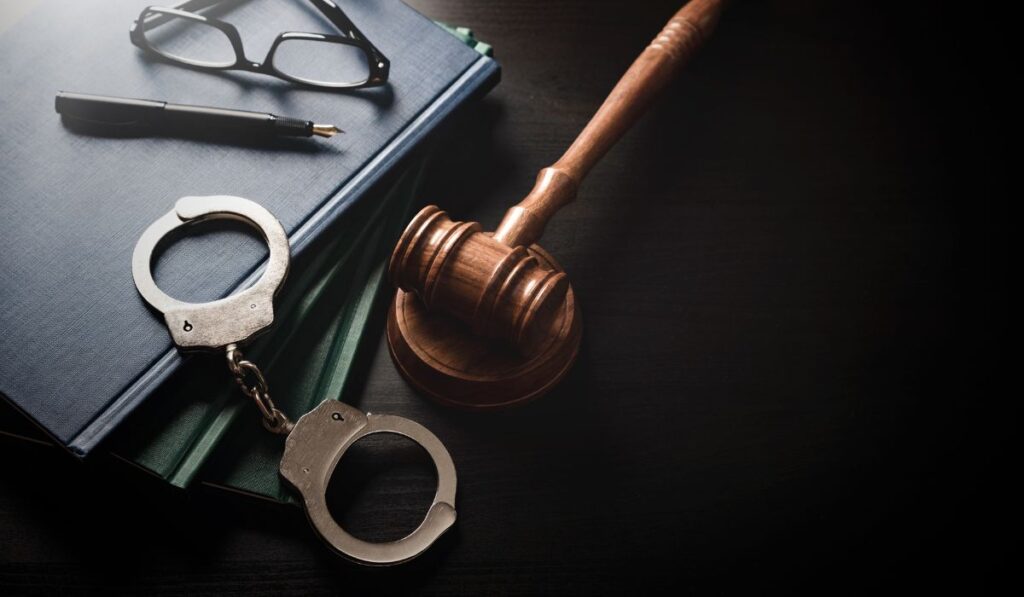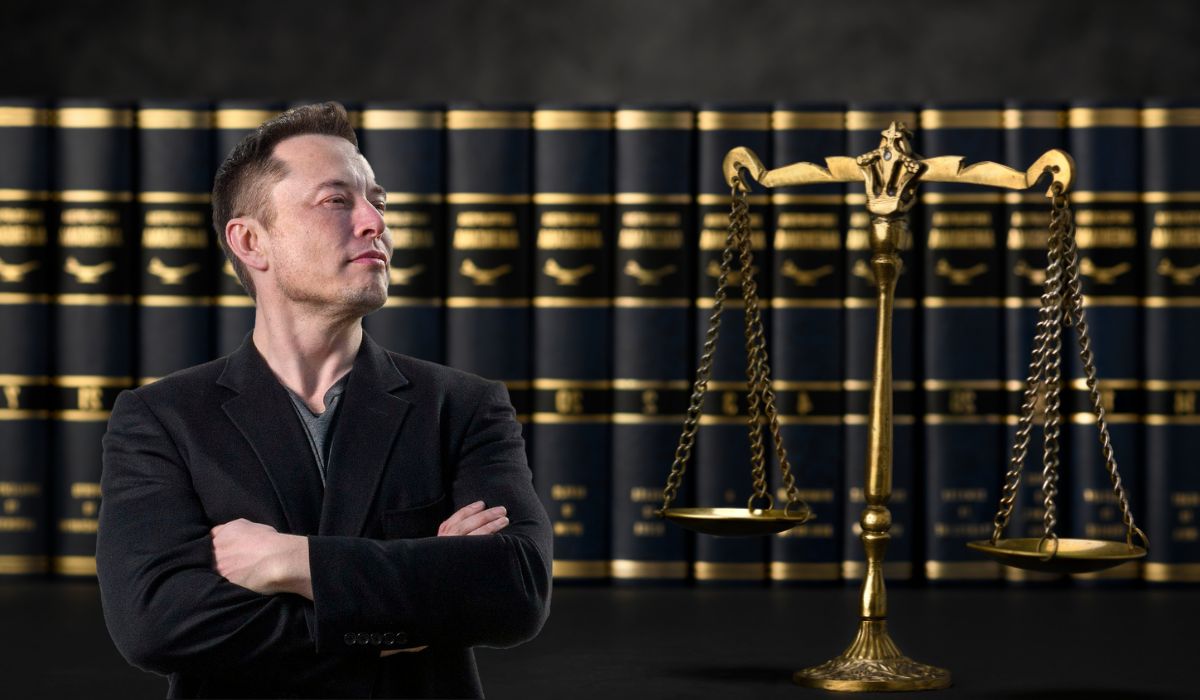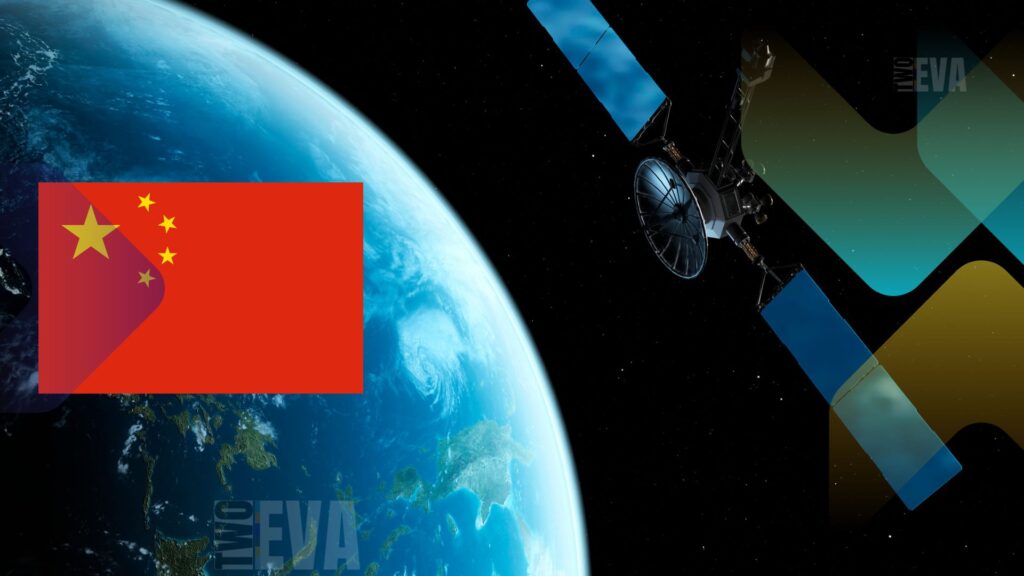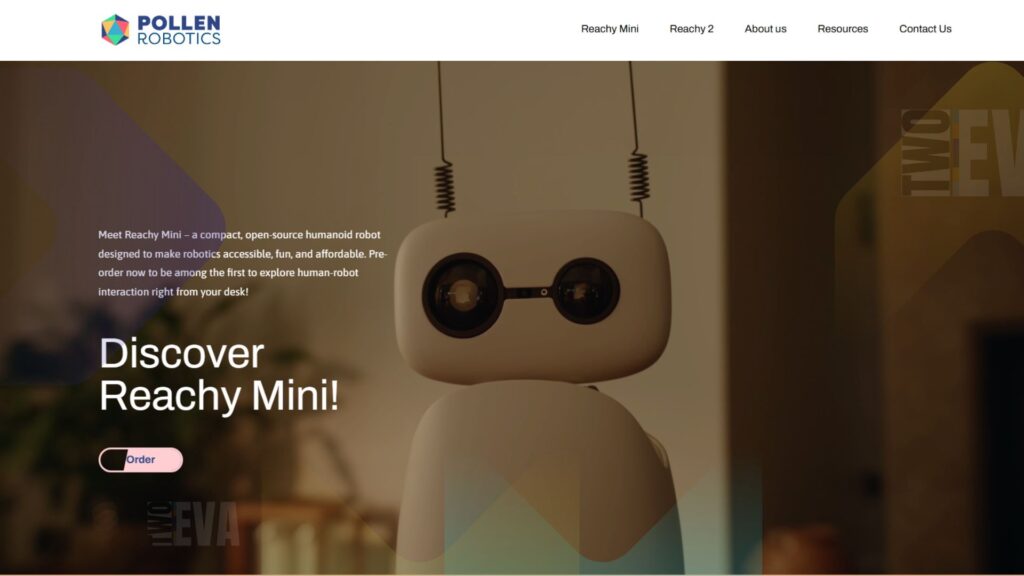Elon Musk and his pro-Trump political action committee (PAC), America PAC, are embroiled in yet another lawsuit, this time filed in a Texas federal court. Arizona resident Jacqueline McAferty is suing Musk, alleging that his $1 million-a-day lottery was a fraudulent scheme aimed at data collection rather than an honest giveaway. This latest case comes on the heels of a similar legal challenge in Pennsylvania, highlighting the increasing scrutiny surrounding Musk’s PAC and its practices.
Background: The Controversial Sweepstakes
America PAC launched the $1 million giveaway to encourage voter engagement ahead of the 2024 elections. By signing a petition that promoted free speech and gun rights, registered voters in key swing states could enter for a chance to win a daily prize of $1 million. However, McAferty’s lawsuit claims the contest was anything but fair and that the winners were not selected randomly as advertised. Instead, the PAC allegedly handpicked winners based on their political leanings, favoring pro-Trump supporters as “spokespeople” for the PAC.

Allegations of Fraud and Data Collection
The complaint, filed in Austin, Texas, alleges that Musk misrepresented the giveaway’s selection process. McAferty’s lawsuit references statements made by Chris Gober, America PAC’s former treasurer, who revealed in a recent court hearing that “the $1 million recipients are not chosen by chance.” Gober testified that the PAC predetermined the winners’ identities, a revelation that directly contradicts Musk’s initial announcement of a random selection process.
Furthermore, McAferty claims that Musk’s primary intent was to collect voter data, as participants were required to provide their full name, email address, mailing address, and phone number. “The America PAC petition places no limitations on its use or sale of personal data,” the complaint asserts, accusing Musk of using the sweepstakes to bolster his platform, X (formerly Twitter), by drawing more traffic.
Legal Repercussions and Broader Implications
The lawsuit raises serious questions about the transparency and legality of political giveaways, especially when personal data is involved. Legal experts have noted that these lawsuits could set a precedent for future political campaigns that rely on promotional incentives. “Transparency is essential in such initiatives,” says political analyst and attorney Mark Wallace. “If a political giveaway is merely a data collection tool disguised as a sweepstakes, there are legal grounds for participants to seek recourse.”
Philadelphia District Attorney Larry Krasner previously referred to the giveaway as an “unlawful lottery,” claiming it violated state lottery laws by misleading voters about its nature. This accusation builds on Musk’s already controversial public image, as his actions face growing legal and political scrutiny in multiple states.
Musk’s Legal Defense Strategy
Musk’s legal team has argued that the giveaway aligns with political advocacy, emphasizing the PAC’s goal to promote free speech and gun rights. They have also maintained that the selection process—choosing spokespersons rather than random winners—falls within legal bounds. By framing the initiative as a form of political expression rather than a commercial lottery, Musk’s team aims to deflect allegations of fraud and avoid the “lottery” classification under Pennsylvania law.
In addition, Musk’s lawyers are attempting to move the case to federal court, arguing that federal election regulations should apply, not state law. This move could shift the legal standards that apply, potentially benefiting Musk’s defense.
Looking Ahead: Impact on Political PACs and Data Privacy
The outcome of this case could have far-reaching implications for political action committees (PACs) and other organizations that incentivize voter engagement through giveaways. With personal data at the center of the controversy, privacy advocates are calling for stricter regulations on data collection practices in political campaigns.
“The lack of transparency in the data usage and selection process raises serious concerns,” notes data privacy attorney Laura Kim. “Political entities need to be more accountable when handling participants’ data.”
As more lawsuits pile up, Musk’s $1 million giveaway has transformed from a political publicity stunt into a high-stakes legal battle, with potential consequences for how voter data is managed in future campaigns.


















